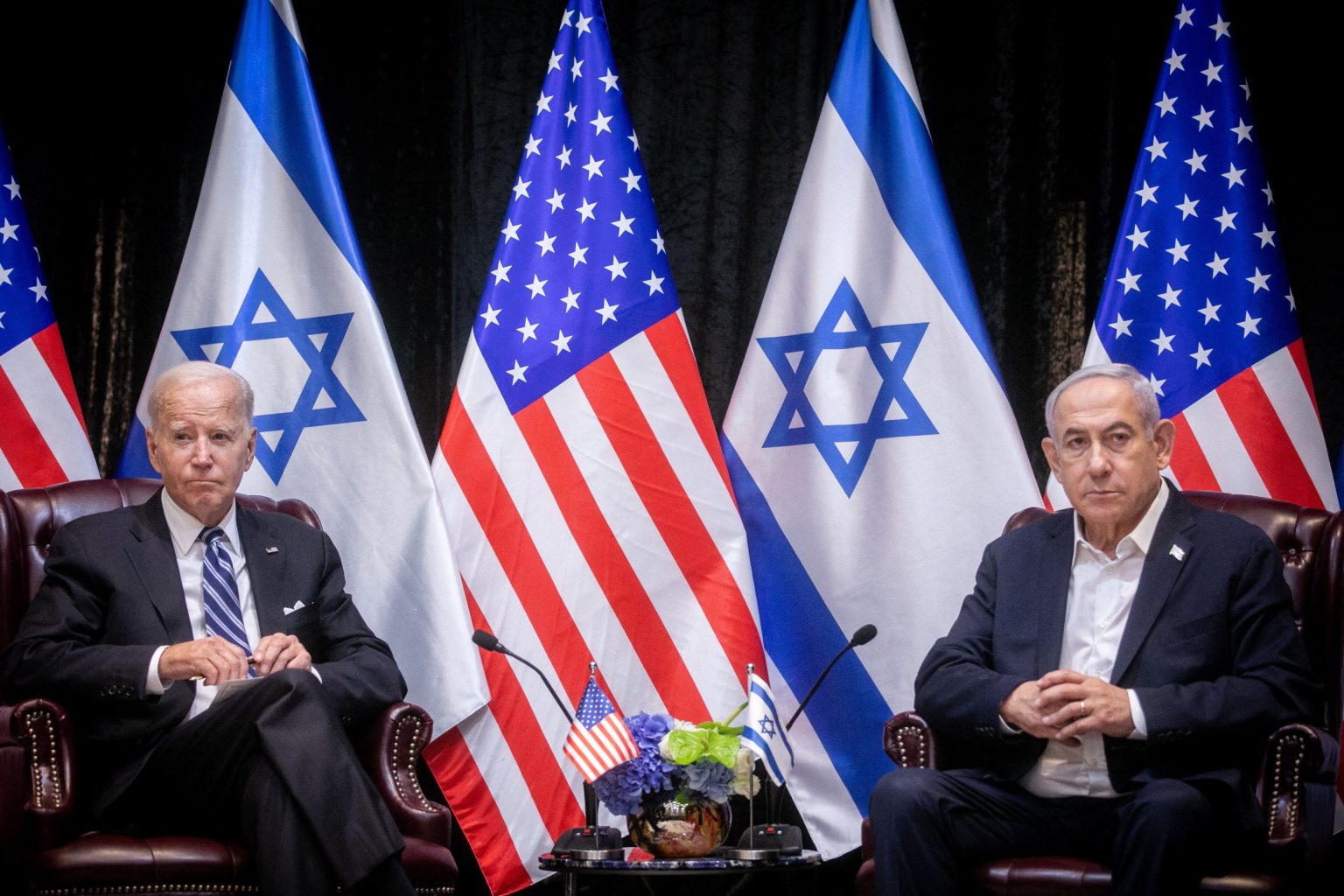U.S. President Joe Biden recently spoke with Israeli Prime Minister Benjamin Netanyahu to discuss a possible ceasefire deal in Gaza, which would include the release of hostages held by Hamas. The conversation comes as Secretary of State Antony J. Blinken embarks on his seventh trip to the Middle East since the start of the Israel-Hamas conflict. Biden reaffirmed his commitment to Israel’s security during the call, highlighting successful defense against recent missile attacks from Iran. The leaders also discussed increasing humanitarian aid delivery to Gaza and the need for sustained progress in coordination with humanitarian organizations.
The U.S. recently signed an aid bill providing $26 billion in military aid to Israel, including humanitarian assistance for Gaza. Despite Biden’s support for Israel, there has been growing criticism of Israel’s military actions in Gaza due to the high civilian casualties. More than 1,200 people have died in the conflict, with over 200 hostages taken during the recent attack launched by Hamas. The staggering number of Palestinian deaths, with two-thirds being children and women, has led to widespread criticism, calls for a ceasefire, and increased pressure on Biden to take a harder stance on Israel, traditionally a U.S. ally.
Pro-Palestinian demonstrations have increased in recent weeks, leading to disruptions at high-profile events and arrests of protesters. The efforts to block entry into events and display Palestinian flags at prominent venues aim to draw attention to the ongoing conflict and call for action to end the violence in Gaza. College campuses across the U.S. have also seen waves of pro-Palestinian demonstrations, which have gained national attention amid crackdowns by school administrators and law enforcement. The protests highlight the growing support for Palestinians and the pressure on the U.S. government to intervene and facilitate a ceasefire.
The ongoing conflict has sparked global outrage, with world leaders and humanitarian organizations calling for immediate action to end the violence and address the humanitarian crisis in Gaza. Biden’s conversation with Netanyahu focused on securing a ceasefire and securing the release of hostages held by Hamas. The leaders also discussed increasing humanitarian assistance to Gaza and the need for sustained progress in coordination with international partners and humanitarian organizations. The situation in Gaza remains dire, with thousands dead and wounded, and the international community continues to push for a lasting resolution to the conflict.
In the midst of escalating tensions and mounting casualties, Biden’s administration has faced increasing pressure to take a stronger stance on the Israel-Hamas conflict and prioritize humanitarian efforts in Gaza. The U.S. government’s continued support for Israel, coupled with calls for a ceasefire and increased aid delivery, highlight the complex dynamics at play in the region. As Secretary of State Blinken undertakes another mission to the Middle East, the Biden administration is working to navigate the challenges of the conflict, support Israel’s security, and address the urgent humanitarian needs in Gaza. The global outcry over the violence in Gaza underscores the importance of diplomatic efforts and international cooperation to achieve a lasting and peaceful resolution to the conflict.


